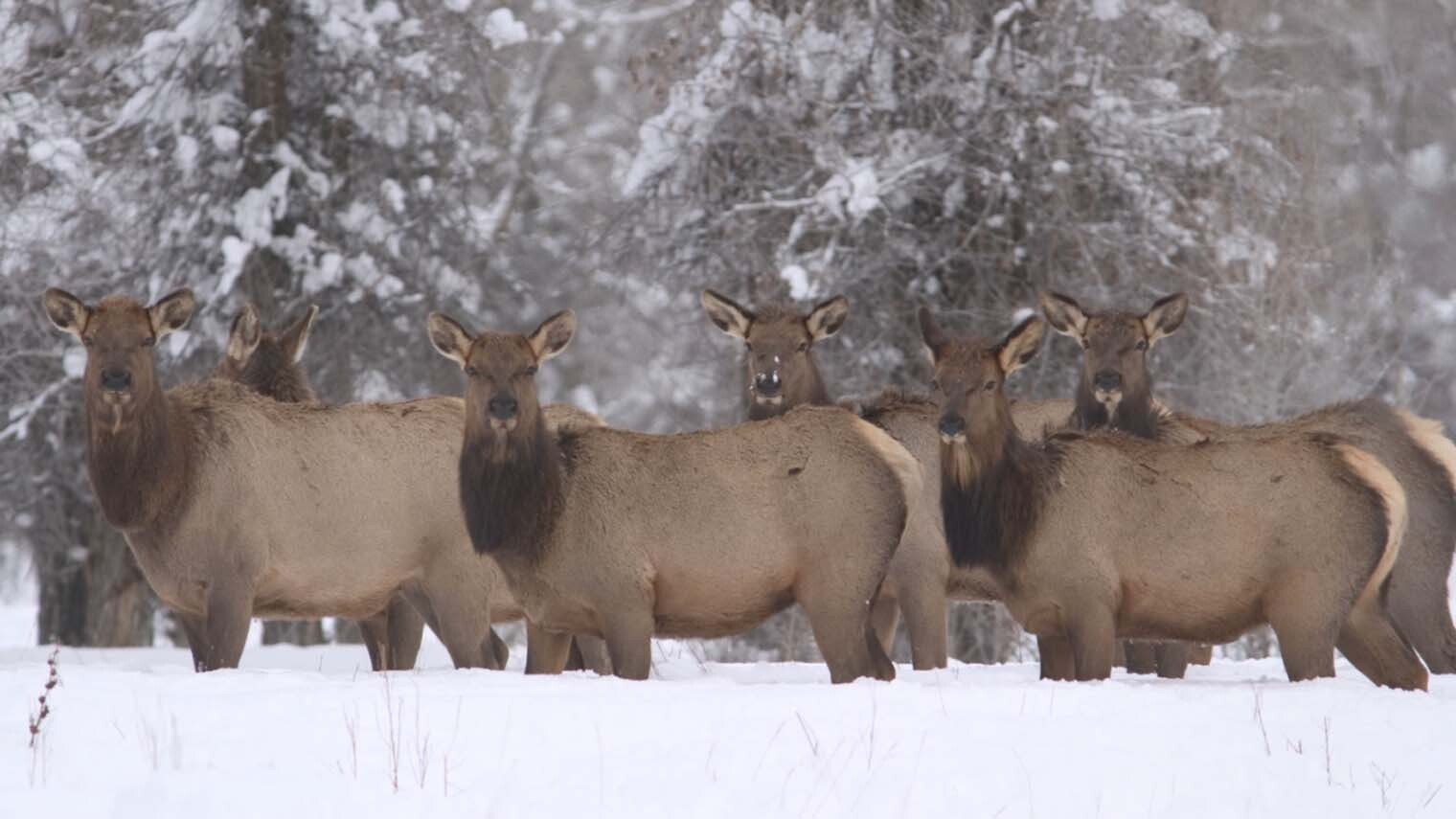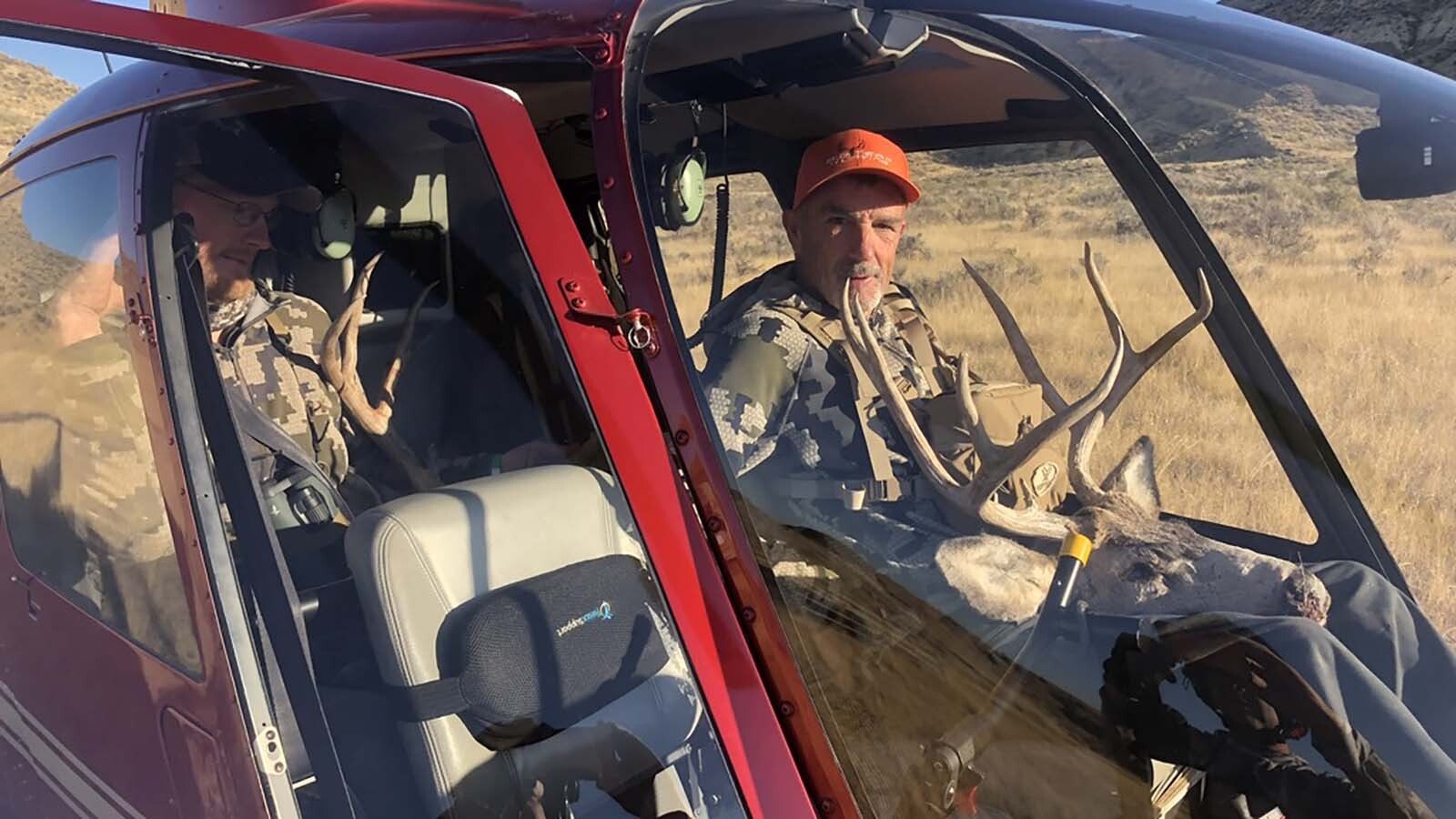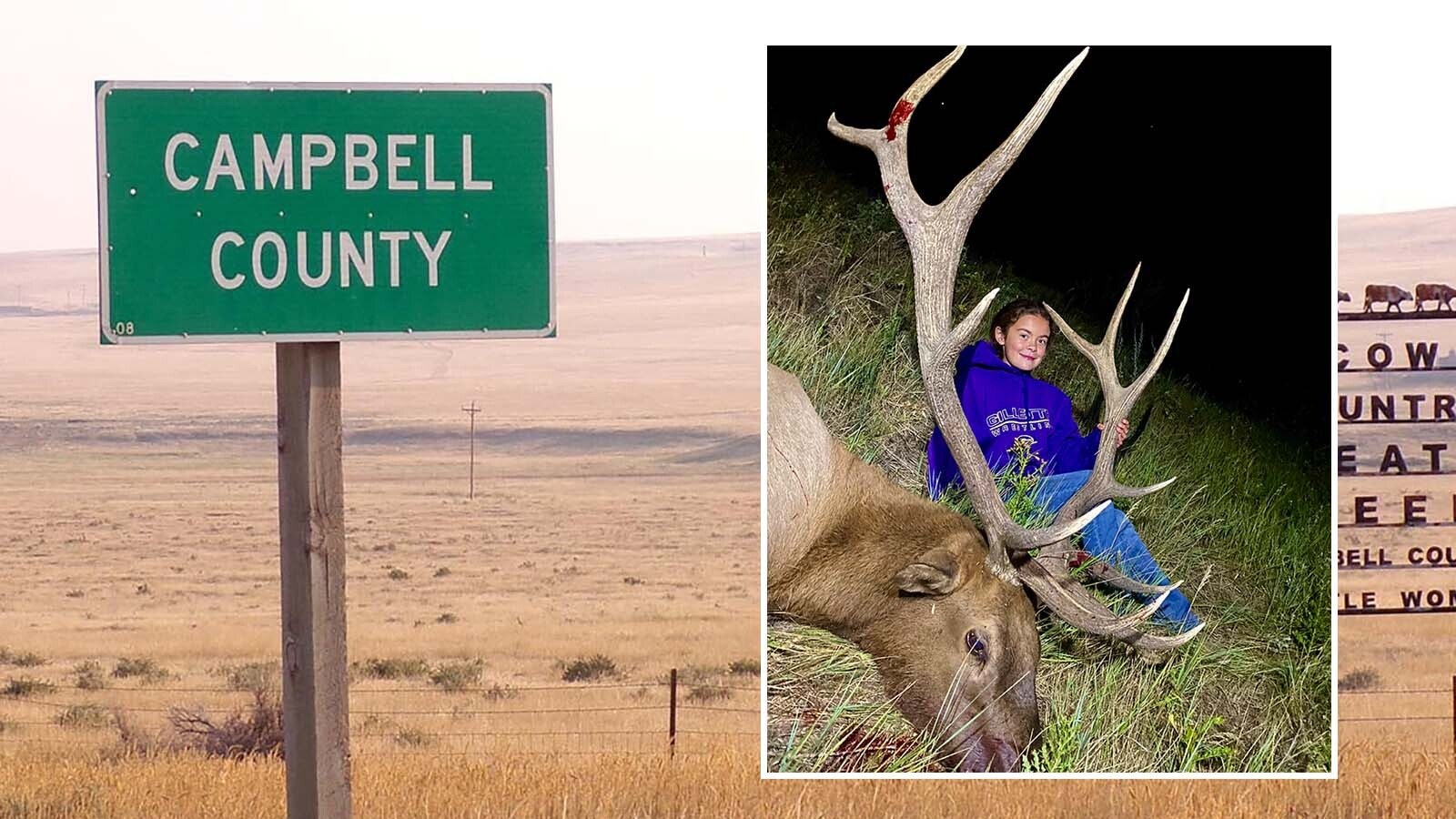By Joy Ufford, Sublette Examiner
Pinedale legislator House Rep. Albert Sommers recently introduced legislation that would put the governor at the top of the decision-making process if and when Wyoming Game and Fish considers closing one of its 22 elk feedgrounds.
House Bill 101, Elk feedground closing requirements, calls for the governor to officially approve a Game and Fish decision to close a feedground and only after a very public and transparent process.
The governor could also close an elk feedground for “emergency circumstances” such as its proximity to wildlife infected with the incurable chronic wasting disease.
HB 101 is: “An act relating to elk feedgrounds; authorizing the permanent closure of an elk feedground authorized or administered by the Wyoming Game and Fish Commission only upon an order of the governor; requiring the recommendation of the commission and comment by the Wyoming Livestock Board for the closure of an elk feedground; requiring a public meeting; authorizing the governor to temporarily close elk feedgrounds under emergency circumstances; authorizing the Wyoming Game and Fish Commission to contract or lease private and state lands for relocating elk feedground sites; requiring the Wyoming Game and Fish Department to develop plans for alternative elk feedground sites as specified; requiring a report; and providing for an effective date.”
Sublette County holds a good number of these winter feedgrounds on both private and federal lands. Late last year Game and Fish initiated a public process seeking detailed input to review its feedground management policies.
Public process
Closing a feedground is already very public process, according to Wyoming Game and Director Brian Nesvik, in a Feb. 5 email.
In an interview with WyoFile, Sommers had said HB 101 addresses a “high-impact decision affecting more than just wildlife.
“I want to make sure this is a discussion with all agencies that are involved. … Let’s call it a multi-species decision,” Sommers said.
Sommers said feedground closures would impact livestock producers. “That’s not just a Game and Fish issue,” he said.
Nesvik agreed. “Because feedground operations affect multiple stakeholders, a broad public discussion prior to major changes is important.
Wyoming’s governor already has the authority to oversee the state wildlife agency and its commission’s decisions, Nesvik pointed out.
“While governors typically defer decisions on nearly all wildlife management actions to the (Game and Fish) Commission and the Department, he or she still has the ability to intervene in those decisions,” he said.
Agencies involved
Even without the legislation, a closure would call for a great deal of collaboration.
“Practically speaking, this bill directs actions by the Department and the Commission that would otherwise occur in any case where the Department was contemplating a feedground closure,” Nesvik said.
“In other words, if we decided a feedground closure was necessary, we would certainly be talking to the public, the governor and the (Wyoming) Livestock Board as well as other interested parties before we finalized a decision – even if this bill was never enacted.”
If enacted, HB 101 would “codify those actions in state law,” Nesvik said. “With
the passage of the bill, the governor would have the option to concur with a recommendation of the Department and Commission or not.”
Nesvik said he doesn’t “see this as a move to strip authority from the Game and Fish. I see it as a way to ensure all affected interests are included in providing recommendations before a final decision, ultimately by the governor, is finalized.”
Nesvik will meet with Jackson and Pinedale Game and Fish regional leadership this week, he said.
“There are some technical points and definitions that we intend to talk with Rep. Sommers about regarding potential amendments that would add some clarity to certain components of the bill.”
Some history
Elk herds once migrated much farther from their summer ranges to lower elevations to browse grass and shrubs; human developments have cut down those migrations to what is now a matter of miles and feeding western elk in winter is now Game and Fish policy.
But wintering elk can affect more than wildlife.
Around Sublette County, feedgrounds are often located at points where elk can’t go much farther in winter without damaging private haystacks, running out of winter forage or transmitting wildlife diseases such as brucellosis to livestock.
Each has its own management plan for feeding – how much and how long – based on numerous factors such as available winter forage, nearby livestock operations, private haystacks, disease transmission and weather conditions.
Some want to see feedgrounds abolished and refer to them as “feedlots,” implying the animals line up at troughs.
Game and Fish contract feeders have learned to alleviate crowding by spreading out the alfalfa and hay flakes tossed onto the snow every day or as needed.
That and watching carefully when to begin and end feeding the elk – when it’s time to encourage them onto bared-up hillsides – are techniques Game and Fish has developed over time to reduce chances of brucellosis transmission from elk to domestic livestock.
Meanwhile, Game and Fish biologists are studying chronic wasting disease, which has no known cure and mainly affects deer. It is caused by prions, or mutated proteins, that are not organic and can survive in soil for years, possibly taken up by wildlife as they browse on new forage.
For more: House Bill 101 was introduced by Sommers and co-sponsored by Reps. Jamie Flitner, Pat Sweeney and John Winter and Sens. Fred Baldwin, Ogden Driskill and Larry Hicks. The text can be found at https://legiscan.com/WY/text/HB0101/2021





